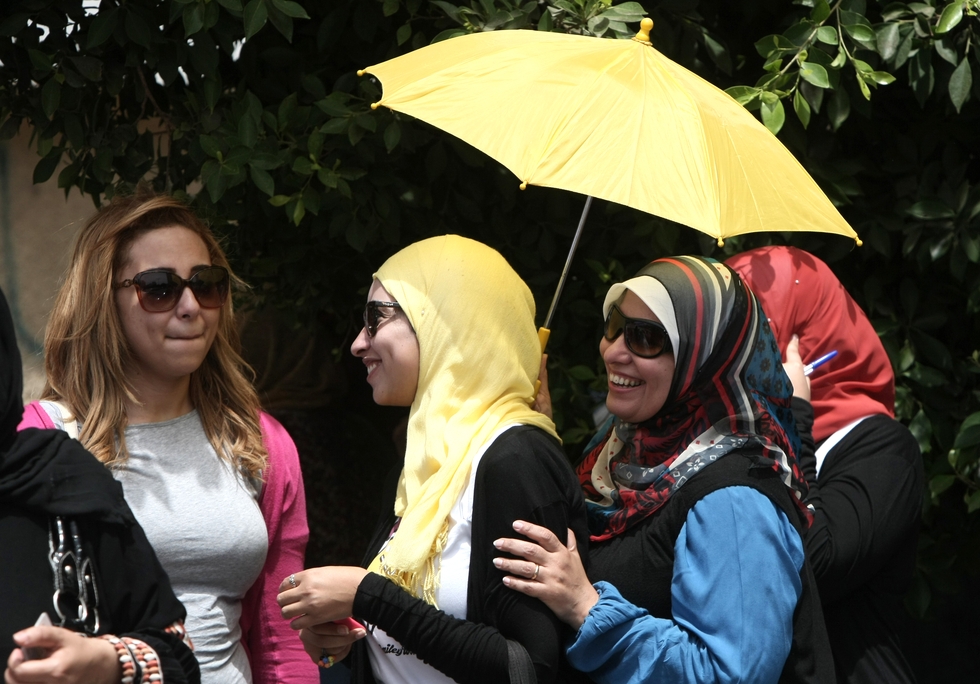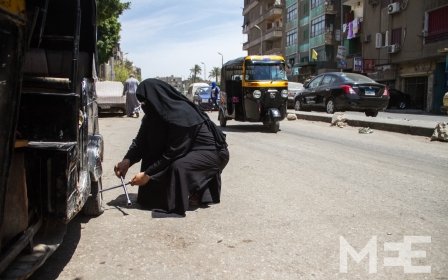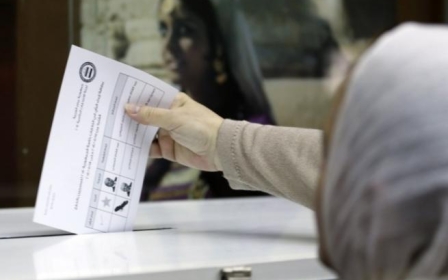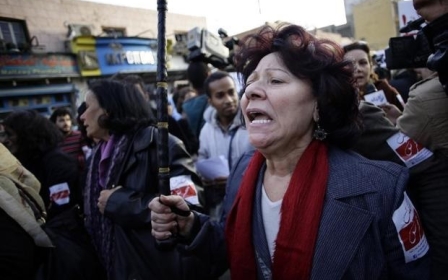Egypt criticised for 'codifying prostitution' with short-term marriage law

Foreign men who temporarily "marry" much younger Egyptian women and girls will have to pay their families a fee of $6,380 under a government decree - a move that rights groups say legitimises trafficking and exploitation of girls from poor families.
The Egyptian Minister of Justice Ahmed al-Zand decreed that a foreign man must pay 50,000 Egyptian pounds ($6,380) if he is 25 years or older than the Egyptian woman he wishes to marry.
Egyptian rights organisations have denounced the decree as a form of legalised slavery , legitimising the sale of Egyptian girls to wealthy Arabs, mainly from the Gulf countries.
Under the decree, foreigners are also required to provide bank details of returns worth the stipulated amount in order for marriage contracts to go ahead.
The National Council for Human Rights condemned Zand’s decision, and demanded protection for the dignity of Egyptian women and their rights through the provision of social justice.
Human rights organisations said that thousands of young girls in Egypt's rural areas are married to wealthy Arabs through brokers that secure the arrangement with families. These marriages are treated as “customary” and last for a few weeks in return for large amounts of money.
Gulf men obtain an official marriage contract as evidence of formal documentation when they marry Egyptian girls. However, their new wives are treated in accordance to what is referred to as "customary marriage" where the temporary husbands evade any responsibilities towards them.
Foreigners spend a short period, usually not longer than a few weeks, with the young women before they travel back to their countries, absolving themselves from any obligations to the girls they marry.
The wives are often pressed to give up their financial rights, human rights organisations added, and said that Zand’s decision would not prevent the ill-treatment of Egyptian women.
Critics also say the minister of justice's decision targets younger women and girls, as older women tend to avoid the propositions of wealthy Gulf Arab men.
In response to the criticisms, the Ministry of Justice declared that the decision aims to protect Egyptian girls from marrying foreigners, noting that this was an amendment of a pre-existing law in place for the past 30 years, where the “insurance” amount was previously 40,000 Egyptian pounds ($5,106).
Middle East Eye propose une couverture et une analyse indépendantes et incomparables du Moyen-Orient, de l’Afrique du Nord et d’autres régions du monde. Pour en savoir plus sur la reprise de ce contenu et les frais qui s’appliquent, veuillez remplir ce formulaire [en anglais]. Pour en savoir plus sur MEE, cliquez ici [en anglais].




